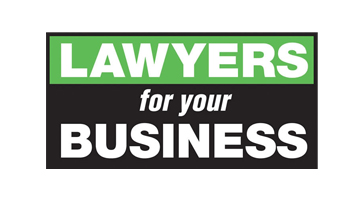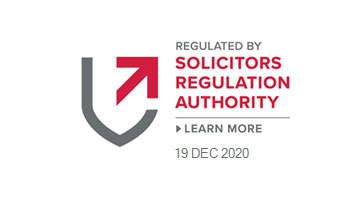Taking on a commercial lease, whether you’re a fledgling new business or an established company moving premises is an exciting step. However, it is commonly very easy to make mistakes and not knowing how to negotiate a commercial lease can be stressful for any business owner. If you are able to arm yourself with the right advice you can avoid the common pitfalls and secure the right deal for your business with the appropriate safeguards.
Before agreeing to anything, it is important to understand the terms of the lease, what the landlord expects of you the tenant, and the obligations of the landlord. Below we delve into some of the basic terms you should understand when negotiating a commercial lease.
Rent Review
A rent review allows the landlord to set the rent to the current market value of the property. In theory this means that the rent of a property could go up or down. Rent reviews will usually take place every 3-5 years throughout the duration of the lease, however leases can include rent review provisions which will provide specific dates as to when this will happen.
Break clause
A break clause is a specified date agreed by the landlord and tenant prior to agreeing the lease which allows the lease to be exited without any financial penalty. This offers flexibility to you as the tenant as you have the option to leave the agreement which can be beneficial if you are facing financial difficulties.
Assignment
Assigning the lease is a way of exiting the obligations of the lease and assigning them to another person who has the means to carry out the obligations. The lease may state the landlord’s permission is required, so be sure to liaise with your landlord to see if they permit you to assign the lease to another tenant.
Alteration rights
Altering the lease can give you peace of mind if you are unable to fulfil the existing obligations. It is best to negotiate with the landlord to come to a mutual agreement. Leases can be negotiated after the agreement has been signed. Both parties will need to agree to the new arrangement. The way to do this is through a deed of variation. This is a signed legal document that confirms in writing the changes agreed.
Termination
If you wish to terminate the lease before the end of lease period, you have a variety of options available to you. You may decide to exercise the early termination clause in your agreement also known as a ‘break clause’ as discussed above.
If you would like to terminate the agreement outside of the break clause then you may wish to assign the lease as discussed above or sublet the premises. The landlord must agree to this as without the landlord’s permission you could face a financial penalty.
As a landlord, you can end the lease if your tenant fails to pay the rent or if there is a forfeiture clause in the agreement. This will enable you to take back control of the premises. It is important that as the landlord you exercise this right with caution. If the right to forfeit has not arisen the tenant can bring a claim against you for wrongful forfeiture.
If you require any advice on negotiating a commercial lease, or indeed any other property matter, please do not hesitate to contact our specialist team here at Onyx solicitors on 0121 268 3208 or email us at info@onyxsolicitors.com with your query.





